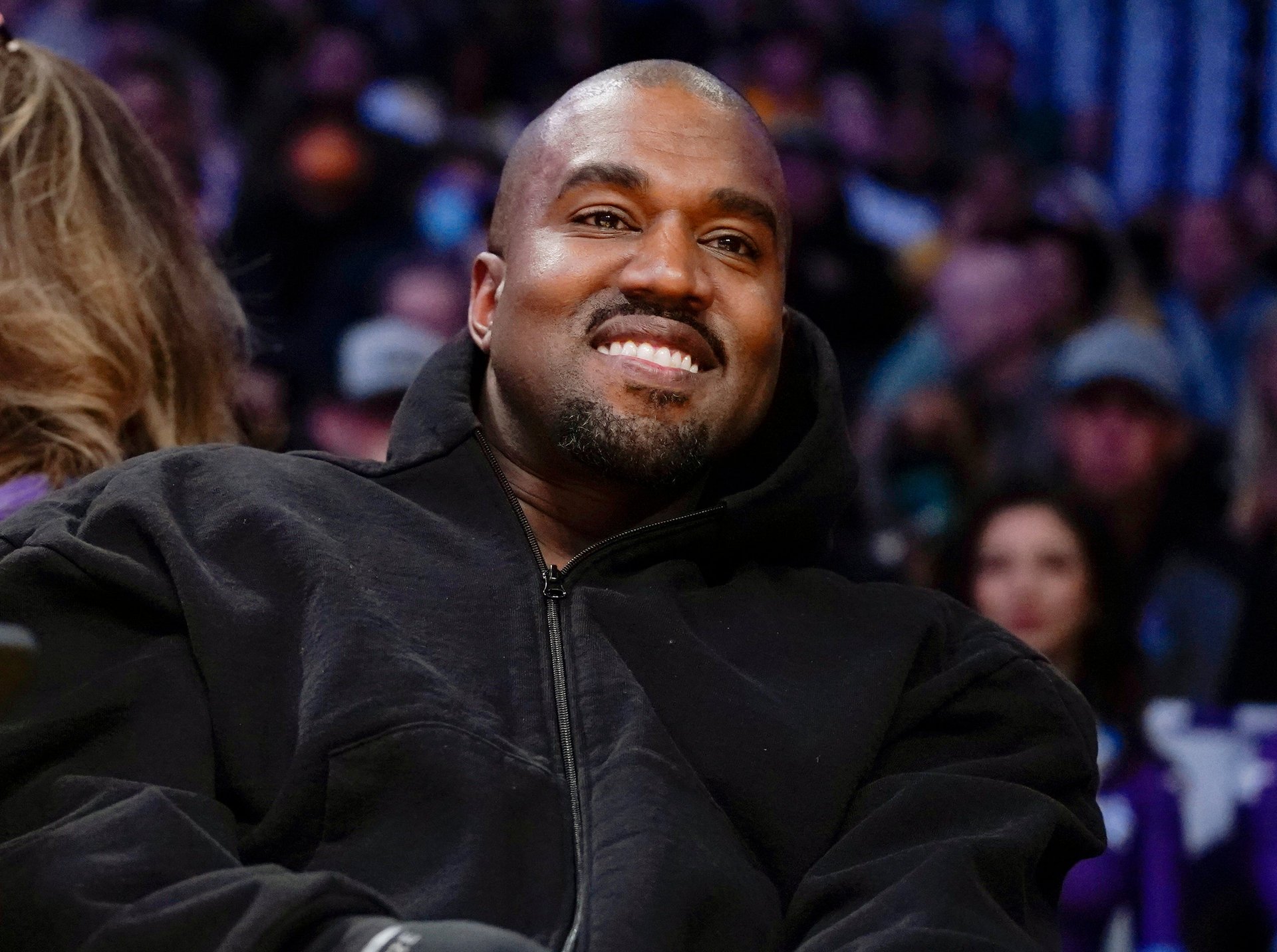Adidas CEO doubts that Kanye West really meant the antisemitic remarks that led Adidas to drop him
Adidas CEO Bjørn Gulden said he doubts that Ye, the artist formerly known as Kanye West, “meant what he said” when he made a series of antisemitic and offensive remarks last year

SAN FRANCISCO (AP) — Adidas CEO Bjørn Gulden said he doubts that Ye, the artist formerly known as Kanye West, "meant what he said” when he made a series of antisemitic and other offensive remarks last year.
Suggested Reading
Almost a year ago, Adidas ended a major partnership with Ye over his statements, discontinued Ye’s line of Yeezy shoes and moved up the planned departure of its CEO. In a statement at that time, the company said it “does not tolerate antisemitism and any other sort of hate speech.” It added: “Ye’s recent comments and actions have been unacceptable, hateful and dangerous, and they violate the company’s values of diversity and inclusion, mutual respect and fairness.”
Related Content
Gulden struck a different tone on the investing podcast “In Good Company.”
“I think Kanye West is one of the most creative people in the world,” Gulden said in an episode released Sept. 12. “Very unfortunate, because I don’t think he meant what he said and I don’t think he’s a bad person. It just came off that way.”
Gulden did not elaborate in the interview. He took over as CEO last January. An Adidas spokesperson said the company’s position has not changed and that ending the partnership with Ye was an appropriate measure.
For weeks prior to his rupture with the sneaker company, Ye had made antisemitic comments in interviews and social media, including an October Twitter post in which he said he would soon go “death con 3 on JEWISH PEOPLE,” an apparent reference to the U.S. defense readiness condition scale known as DEFCON.
He had previously suggested that slavery was a choice and called the COVID-19 vaccine the “mark of the beast,” among other comments. He also took heat for wearing a “White Lives Matter” T-shirt to Paris Fashion Week and putting models in the same design. In 2020, Ye’s then-wife Kim Kardashian said that the rapper has bipolar disorder, a mental health condition that causes extreme mood swings.
Ye expressed some regrets in a podcast interview, but a few months later tweeted an image of a swastika merged with the Star of David, leading the platform to suspend him. After he received the same treatment on other social media outlets, Ye offered to buy Parler, a conservative social network with no gatekeeper. No deal ever materialized.
The break with Ye left Adidas with a huge supply of unsold Yeezy sneakers that it has begun to sell in limited batches. It has held two such sales — one in May, the other last month. For both of those sales, Adidas said it donated a portion of the proceeds to charities such as the Anti-Defamation League and the Philonise & Keeta Floyd Institute for Social Change.
The company has not said how many of those shoes remain in inventory, although the unsold shoes and Ye's departure impacted Adidas profits. The company estimated that it held 1.2 billion euros ($1.3 billion) worth of Yeezy inventory when it broke off its partnership.
The company faces other problems tied to the rapper. Investors sued Adidas in the U.S., alleging the company knew about Ye’s offensive remarks and harmful behavior years before the split and failed to take precautionary measures to limit financial losses.
The lawsuit — representing people who bought Adidas securities between May 3, 2018, and February 21, 2023 — pointed to reports of Ye making antisemitic statements in front of Adidas staff in addition to his other remarks.
The company said at the time that it rejected “these unfounded claims and will take all necessary measures to vigorously defend ourselves against them.”